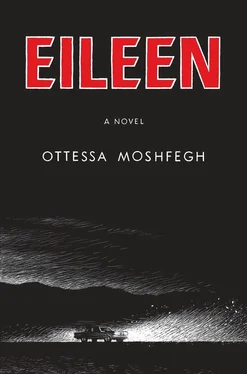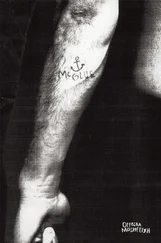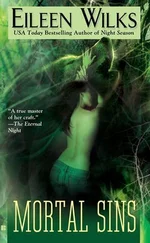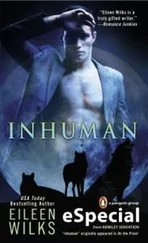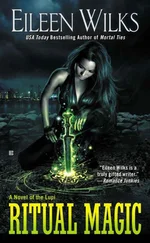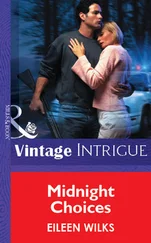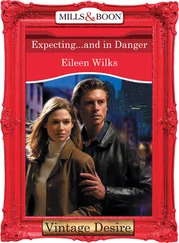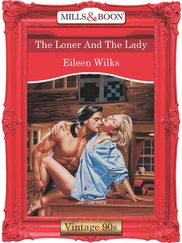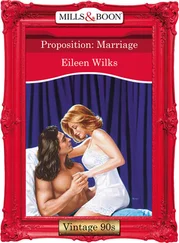“Tell your dad this is from me, OK?”
“I’ll tell him,” I said. “Thanks.”
That was the last time I saw him. In the years since, I’ve wondered what memories of Sandy I may have buried from that previous night, perhaps of his thick, beer stained hands grappling me, maybe his mouth on me somewhere, a sour tongue probing my throat, disgusting. Who knows? Sandy, wherever you are buried, I hope you’ve stayed out of trouble. But if you haven’t, I’m sure you paid for it somehow. Everyone does, eventually.
• • •
B ack home, my father appeared to be sleeping when I set the bottle down on the kitchen table, but before I could leave he bolted up out of his recliner. His hand darted out and gripped my wrist.
“Leonard, you said? Leonard what?” he asked.
“Polk,” I answered, stupidly.
“Polk,” he repeated. I could see his rusty gears turning. He shook his head. “Do I know him?”
“I doubt it,” I answered, wresting free of his weak grasp and flitting up the stairs. I was relieved to hear him crack open the gin. My guess is he washed away any memory of this exchange immediately. He never mentioned the Polk name again, though my hope is that it vexed him as a clue he’d failed to follow when I disappeared. “I should have known she was in trouble,” I’ve imagined him saying.
From under the bathroom sink I grabbed a bunch of rags and went back out to the car and slid the vomit off the passenger seat and into the snow. It was remarkable how easy it was to remove the frozen puddle in one piece, but it left a stain. I sprinkled dishwashing powder on it and covered it with a towel. I’m sure I was gagging and retching the whole time, though what I really remember is rushing up into the shower afterward. I scrubbed myself vigorously down there again — a mess had been brewing all night — and washed the vomit I found dried in my hair. My hands were swollen and tight as I fumbled with the towel, still damp from the night before. Those navy stockings were by then tattered, looked like ghosts where they lay dashed out across the bathroom tile. I dressed quickly, combed my wet hair, grabbed my coat and purse and ran back down to the car.
I suppose the details of my behavior that morning are unnecessary, but I like to remember myself in action. I’m old now. I don’t move vigorously or frenetically anymore. Now I’m graceful. I move with measured and elegant precision, but I am slow. I’m like a beautiful tortoise. I don’t waste my energy. Life is precious to me now. In any case, when I went back out to the car, there was a police cruiser blocking the driveway. I was aghast. The cop’s name was Buck Brown. I remember him because we’d gone to grade school together. He was big and dopey and talked with a lisp, eyes still full of sleep, white spittle at the corners of his mouth, the kind of man to act dumber than he is, to deceive you into lowering your expectations. I really dislike men who do that. He corrected his cap and stuck his hands in his pockets.
“Miss,” he began, lisping. “May I have a word?” The police were always very formal. After how many years of knowing me, they never called me by my name. Never trust anyone who holds so strictly to decorum. “It’s about your father,” Buck began. Of course it was.
“I’m listening, Buck,” I said impatiently. I tried to smile, but I was too tired. And there seemed to be no point in trying to appease him. Before Rebecca, I’d always been too ashamed and nervous to ever act as cranky as I felt. “What do you want?”
“It’s about the gun,” was his answer.
For a moment I imagined my father inside, perhaps down in the basement, bleeding from a bullet wound he’d inflicted when I didn’t return fast enough with his gin. Maybe he’d left the phone off the hook in the kitchen, line open to the police station, “I’m ending it!” his last words. But of course I’d just seen him alive and well enough to torment me a moment before.
“What about the gun?” I asked.
“We came by last night but you were out,” he said, looking at me accusingly. I really despised him, everyone. After a pause, he explained. “Yesterday afternoon we received several calls from neighbors, and from the school principal, that Father Dunlop,” he halted, “that Mister Dunlop was sitting at that window,” he gestured toward the living room window, “pointing his gun out at children walking home from school.”
“He’s inside,” I said. “Go talk to him yourself.” Or maybe I wasn’t quite so forceful. Maybe I said, “Oh dear,” or “Dear Lord,” or “I’m sorry.” It’s hard to imagine that this girl, so false, so irritable, so used, was me. This was Eileen.
“Ma’am,” he said. I could have spat in his face for calling me that. “I’ve talked with your father,” he said, “and he’s agreed to relinquish his property to your care, as long as you promise not to use it on him. His words.”
I really didn’t understand the fuss. I didn’t think he kept the gun loaded. He was too afraid to, I assumed. He still cleaned it regularly, that I knew.
“Ma’am,” he said, and pointed at the house. “I must put it on your person.”
“What does that mean?”
“Orders are to give the gun to you immediately. Children will be walking to school any minute.” I’d never wanted to go to the prison so badly. “It won’t take a moment,” Buck said, and walked with me along the front walk and up the steps.
Inside, I called out to my father. “Dad, there’s someone here to see you.”
“I know what this is about,” he said, tottering out from the kitchen in his robe now streaked with soot stains from the fireplace. He was smiling that drunken grin I’d come to recognize as an expression of compliance — mouth pulled flat, eyes nearly closed, just squinty enough to make him look the slightest bit delighted. He opened the front hall closet, shuffled around and pulled out the gun. “Here,” he said. “It’s all yours.”
“Thank you, sir,” said Buck. The ceremony of all this was both comical and maddening. “I trust Miss Dunlop will take excellent care of the weapon.”
“As she does with all things, as you can see,” said my father, motioning with the gun in a circle around the dilapidated house. Buck took a step back in alarm. I pictured one of those icicles hanging above him cracking off at that moment and diving straight into his skull. My father handed the gun to Buck, who placed it gently into my flat open palms.
I’d never handled my father’s gun before, or any gun for that matter. It was a heavy thing, far heavier than I’d expected, and ice-cold. Holding it frightened me at first. I couldn’t have told you at the time what kind of a gun it was, but I remember the look of it clearly. “Dunlop” was etched into the wooden handle. I’ve since looked in books about guns and have identified it as a Smith & Wesson Model 10. It had a four-inch barrel and weighed nearly two pounds. I kept it for a few weeks once I ran away, then I threw it off the Brooklyn Bridge.
“That should do it,” Buck said. He waddled back down to his cop car.
My father shuffled away, mumbling to himself, then said clearly, “Your lucky day, Eileen.” He was right. I put the gun in my purse. I didn’t know what else to do. I expected my father to put up a fight to get it back, but all I heard was a glass clink in the kitchen, then the recliner squelch under his weight. It’s not quite right to say that this ordeal with the gun disturbed me since I’d been numbed down for years by its presence in the house. Still, it was odd to hold it now. I locked the front door gently, mindful of the icicles, and left. In all his dysfunction, my father, while I’d been scrubbing the vomit in my car, I suppose, had left his shoes for me out on the porch. Perhaps it was to remind me that I had a job to do, that I was, above all, his caretaker, his minder, his prison guard.
Читать дальше
